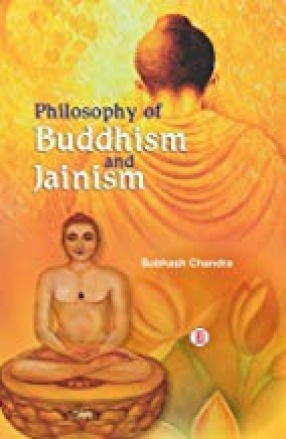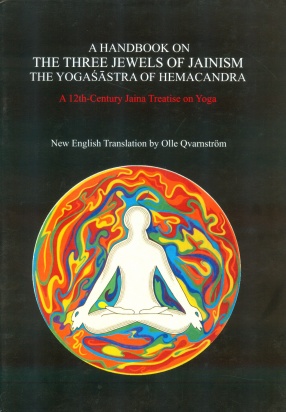Philosophy of Buddhism and Jainism
Buddhist philosophy deals extensively with problems in metaphysics, phenomenology, ethics, and epistemology. The Buddha rejected certain precepts of Indian philosophy that were prominent during his lifetime. His general outlook has been described as empirical as opposed to ontological or metaphysical. The Buddha taught depend to ontological or metaphysical. The Buddha taught dependent origination as the correct paradigm for analyzing causality; Buddhists view it as avoiding the two extremes of reification and nihilism. The book is the first work of its kind where the scholar has collected the references to Jain doctrines from the vast literature of three systems of Indian philosophy, namely Nyaya-vaisesika Vedanta and Buddhists for the first time. Organised in five chapters the observations of the scholar in the last chapter of conclusion is interestingly revealing. Jainism is both a didactic introduction and an invitation to study the religious traditions of Indian: a study of its philosophy, its art, its ways of life, its ways of being integrated into the world, and releasing from it. The purpose of this book is, as the title suggests to examine Buddhism and Jainism as philosophy. Before we actually start doing that though, it might be good to first get a bit clearer about what each of these two things—Buddhism and philosophy—is. That will help up see what might be distinctive about studying Buddhism and Jainism as a form of philosophy.
Get it now and save 10%
BECOME A MEMBER







Bibliographic information